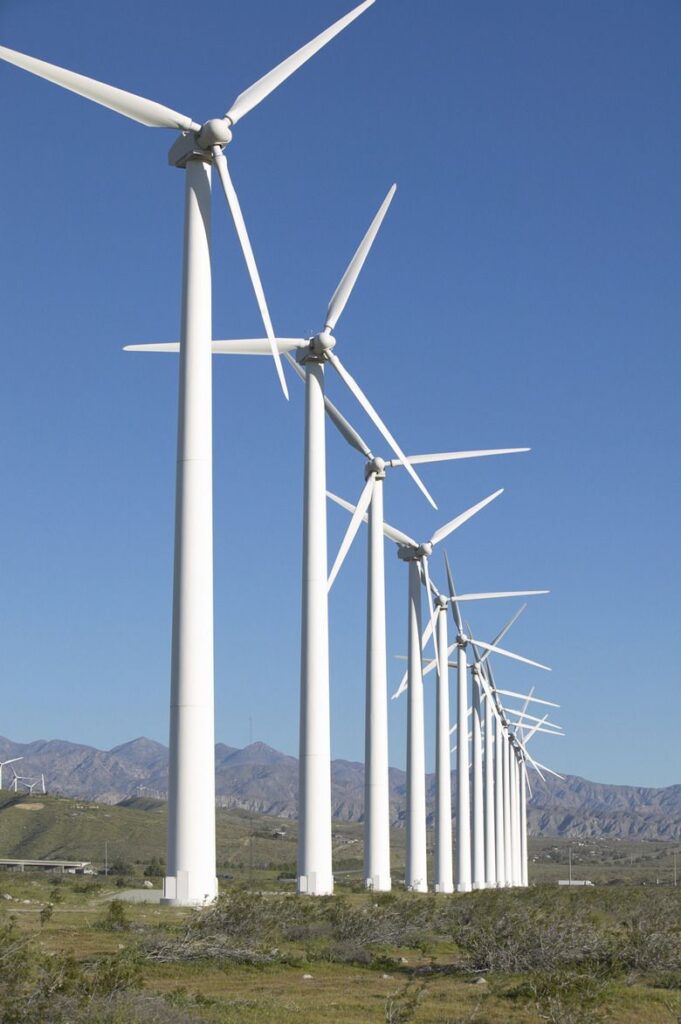Nigeria has unveiled its first comprehensive Wind Energy Blueprint, marking a major leap in the nation’s clean energy transition.
The document, developed by Oando Clean Energy Limited and formally endorsed by the National Council on Climate Change (NCCC), was launched during a high-level event at COP30 in Belém, Brazil.
Speaking at the ceremony, the Director General of the NCCC, Mrs. Omotenioye Majekodunmi, described the initiative as a defining moment in global climate action.
READ ALSO:
She echoed Vice President Kashim Shettima’s call for world leaders to move “from ambition to action,” noting that the world has entered an era where climate promises must translate into measurable performance.
Nigeria’s commitment to a 32% emissions reduction by 2035, backed by its validated Third Nationally Determined Contribution (NDC) and the activation of the Climate Change Fund, underpins the country’s wider decarbonization strategy.
A central feature of the Wind Blueprint is the first-ever national wind resource assessment covering all 36 states and the Federal Capital Territory.
For decades, the belief that Nigeria lacks viable wind resources discouraged investment.
The new Blueprint overturns this long-standing misconception with rigorous scientific data, offering detailed, state-by-state insights that confirm Nigeria’s substantial on-grid and off-grid wind energy potential.
According to Majekodunmi, the Blueprint represents a shift from broad policy intentions to concrete project development.
By providing technical measurements, modelling results, and feasibility data, it bridges the gap between policy design and bankable renewable energy projects.
It also aligns with the Nigeria Just Transition Guideline recently validated by the NCCC, ensuring that the deployment of renewable energy remains inclusive and beneficial to rural and underserved communities.
The new report further positions Nigeria as a credible destination for climate finance and large-scale clean energy investment.
With strengthened climate governance, a maturing carbon market framework, and a stable political environment, the federal government says it is ready to attract high-integrity capital to support its clean energy expansion.
Majekodunmi reaffirmed the NCCC’s commitment to driving energy-sector decarbonization and ensuring Nigeria remains aligned with the Paris Agreement while laying the foundation for a renewable-powered, resilient, and diversified economy.
















